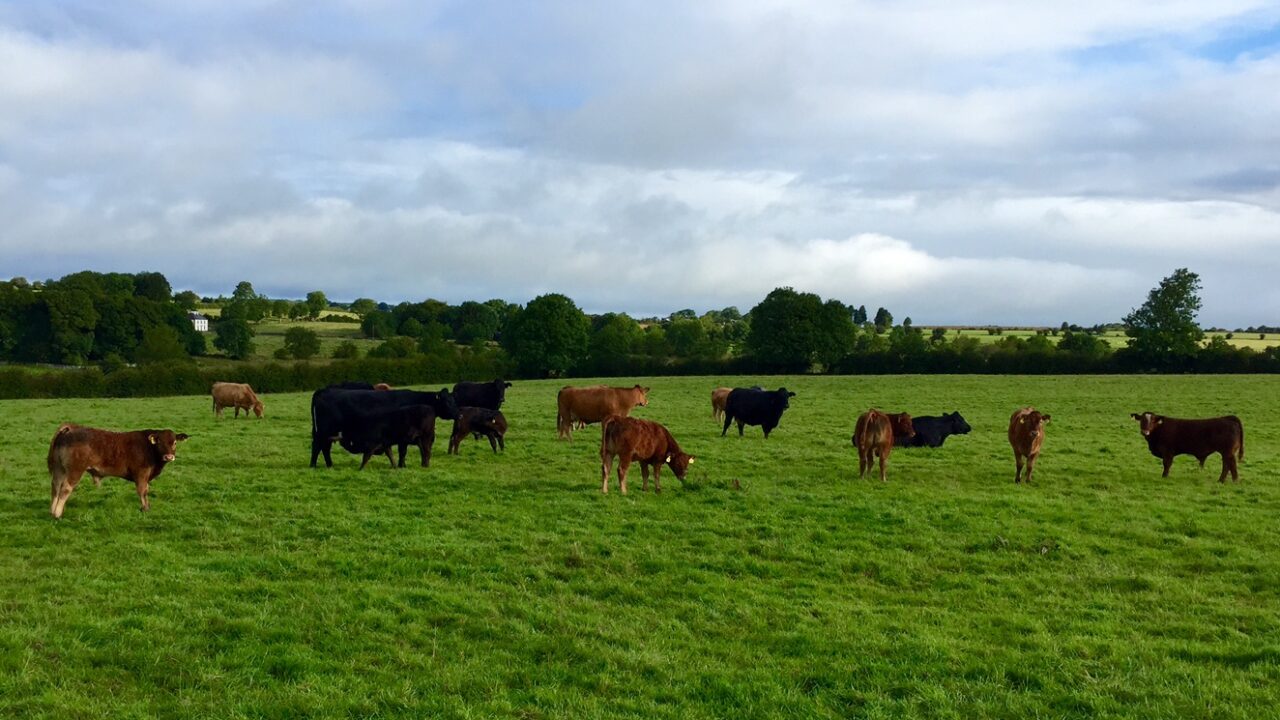The group representing farmer organisations across the EU has welcomed the announcement of the European Commission’s recommendation to pursue a 90% economy-wide cut in emissions by 2040, saying “a dialogue with farmers has finally been chosen”.
Yesterday (Tuesday, February 6), the commission announced the publication of a recommendation to bridge the gap between the EU’s existing emissions reduction targets of a 55% cut by 2030, and reaching net zero, or climate neutral, by 2050, by establishing a target for 2040.
Copa Cogeca, which represents farm organisations and agricultural co-operatives across the EU, said it welcomed the “choice of dialogue and pragmatic support”.
The commission’s recommendations did not outline specific targets for emissions reductions by individual sectors, instead outlining “enabling policy conditions” to achieve an overall, economy-wide, reduction by 2040.
Among these policy conditions is a strategic dialogue on post-2030 action for both the agriculture and industry sectors.
On the agriculture sector, the announcement from the commission yesterday says that agriculture can “play a role” in meeting the 2040 target. However, the commission also said that any future actions to meet the 2040 target will also need to protect food production and farmer incomes.
The commission said: “With the right policies and support, the agriculture sector can play a role in the transition, while ensuring sufficient food production in Europe, and securing and providing other vital services such as enhancing the capacity of soils and forests to store more carbon.”
Copa Cogeca said that the commission had taken a “pragmatic approach” to farming in its announcement yesterday.
“Copa welcomes mainly the willingness to strengthen the bioeconomy sector and the renewed interest to talk to farmers in the framework of the strategic dialogue. The ongoing outreach will help the next commission to table legislative proposals for the post-2030 policy framework, which will deliver the 2040 target in a fair and cost-efficient manner,” Copa said.
In a related but separate announcement, the commission also released details of a new industrial carbon management strategy, in which the commission outlined the feasibility of carbon pricing for “hard-to-abate” sectors, with agriculture being identified as one of these sectors.
Copa said it would “take stock” of the commission’s proposals on carbon pricing.
After the European elections in June and the appointment of a new commission, a legislative proposal will be put forward to make the 2040 target legally binding.
“Europe’s farmers, forest owners, and their co-operatives expect the new commission to support the new sector in continuing to deliver concrete actions to reduce their emissions, while feeding a fast-growing population and providing sustainable alternative to fossil-based materials,” Copa said.
